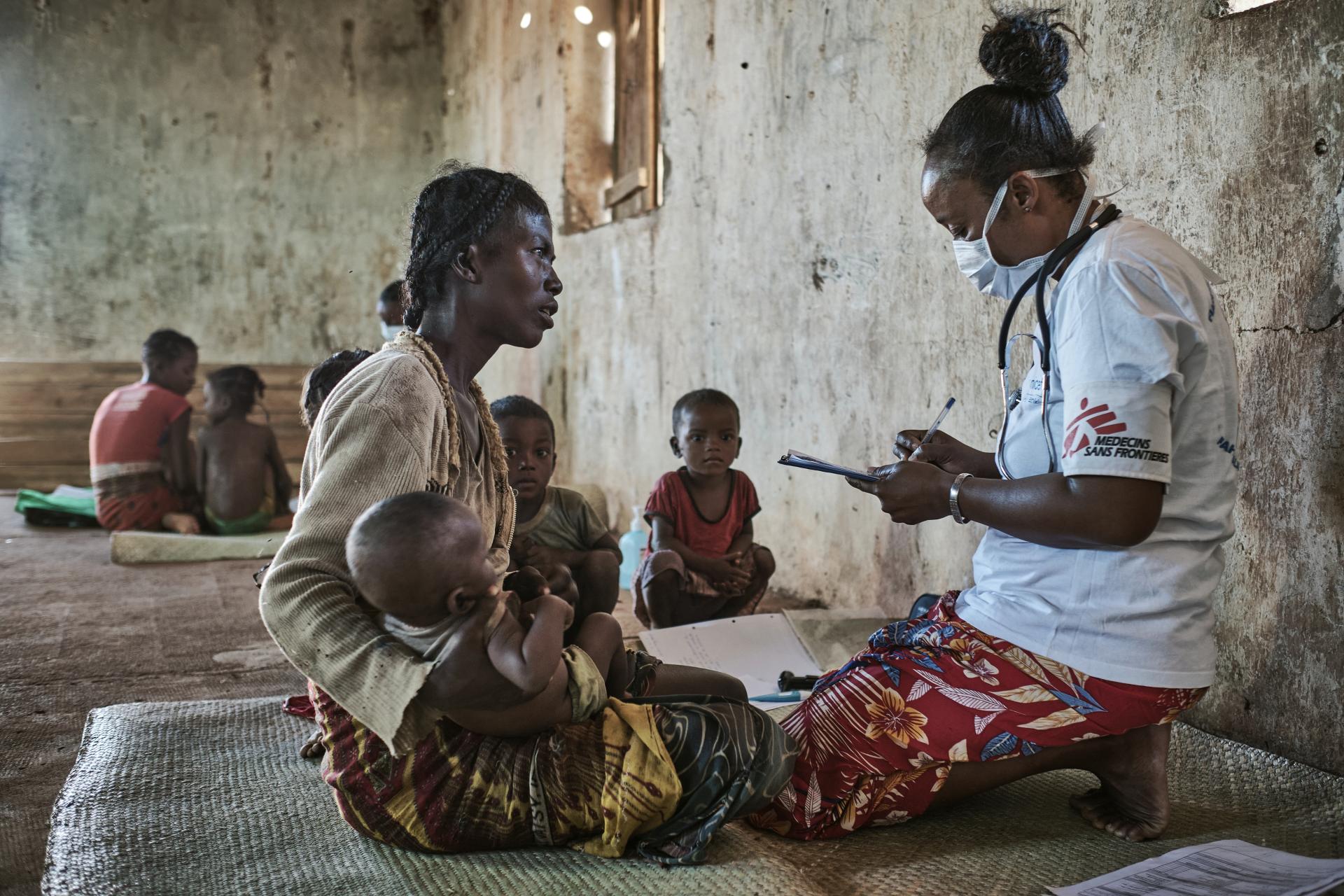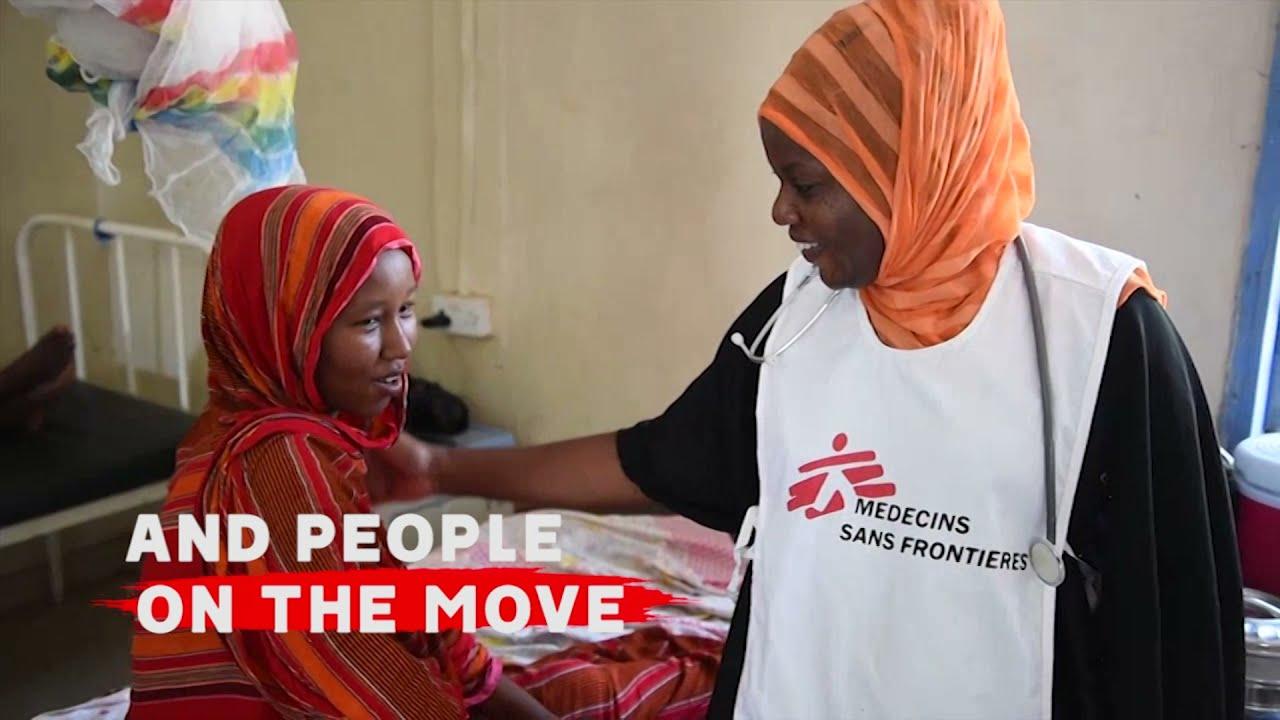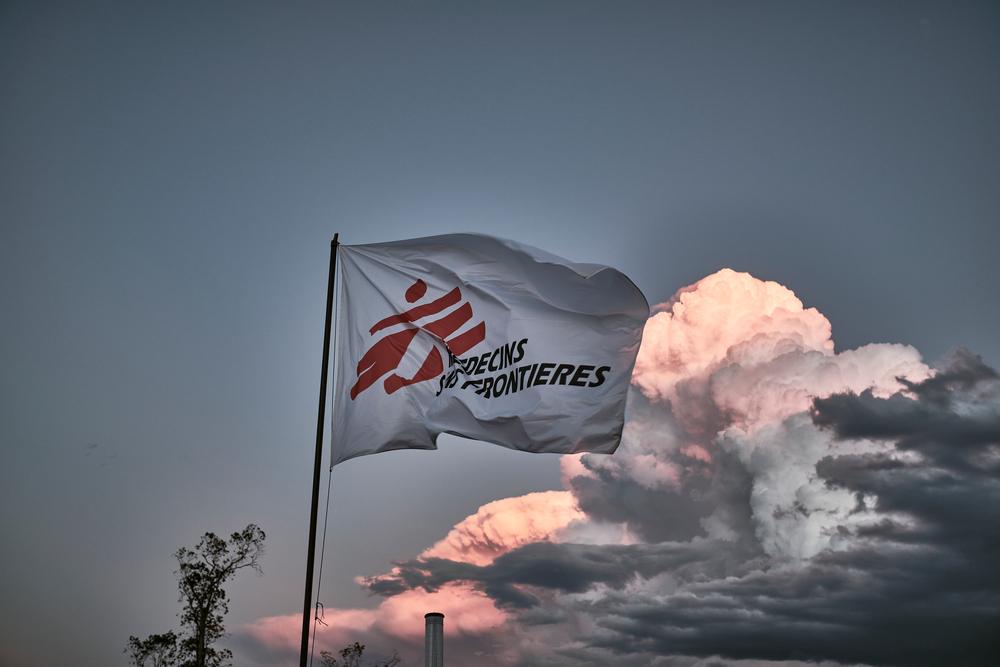
About Us
Who we are
Médecins Sans Frontières (MSF) translates to Doctors without Borders. MSF medical teams work in more than 75 countries to provide lifesaving assistance where it is needed the most. In 2022, nearly 68,000 people worked with MSF in conflicts, epidemics, following natural disasters and where people would not otherwise have access to medical care. We work according to principles of independence, neutrality and impartiality; providing assistance to people who need it the most, regardless of who they are, where they come from, their political or religious beliefs.
The organisation has some of its largest medical projects across East Africa including in Sudan, South Sudan, Kenya, Tanzania, Uganda, Ethiopia, Somalia and Burundi. In these countries, MSF runs hospitals, health centres and mobile clinics and launches emergency projects as spikes in healthcare needs arise.
MSF also has a regional office in Kenya which supports our medical programmes in the country and those surrounding it, recruits staff to help run our operations around the world and raises awareness of humanitarian crises that we are responding to.

50 years of Humanity - Médecins Sans Frontières (MSF)/Doctors Without Borders
Our charter
Médecins Sans Frontières is a private, international association. The association is made up mainly of doctors and health sector workers and is also open to all other professions which might help in achieving its aims.
All of its members agree to honour the following principles:
Médecins Sans Frontières provides assistance to populations in distress, to victims of natural or man-made disasters and to victims of armed conflict. They do so irrespective of race, religion, creed or political convictions.
Médecins Sans Frontières observes neutrality and impartiality in the name of universal medical ethics and the right to humanitarian assistance and claims full and unhindered freedom in the exercise of its functions.
Members undertake to respect their professional code of ethics and maintain complete independence from all political, economic or religious powers.
As volunteers, members understand the risks and dangers of the missions they carry out and make no claim for themselves or their assigns for any form of compensation other than that which the association might be able to afford them.
Our principles
At the core of our identity is a commitment to independence, impartiality and neutrality. These principles have guided all aspects of our work – from medical care, to finance, logistics and communications - since we were formed more than 45 years ago. Our commitment to these ideals, and the impact of the organisation that has been built on them was recognised in 1999 when MSF was awarded the Nobel Peace Prize.
We rarely take funds from governments, businesses or institutions for our work, but rely mainly on the generosity of more than five million people around the world. More than 95 percent of our income comes from private donors giving regular, small amounts to support our work. This means that when there is an emergency, we don’t need to wait for funds to be released or for the media to generate interest; we can act fast to save people’s lives where we see there are medical humanitarian needs. Our financial independence also means the aid we provide cannot be used to further any government’s political or military goals.
We provide free medical care to people who need it. It doesn’t matter which country they are from, which religion they belong to, or what their political affiliations are. All that matters is that they are human beings in need of the assistance we exist to provide.
In a conflict situation, we don’t take sides, but go where people’s medical needs are greatest. In the ward of one MSF hospital, you might find wounded civilians alongside injured soldiers from opposing sides. Every MSF medical facility has a no guns sign on the door; hostilities and weapons have to be left at the gate, creating a neutral space where anyone in need of medical care can receive it. Explaining that we’re neutral in any environment that we are working in is a crucial part of why we are allowed to provide medical care in some of the world’s most challenging environments.
As well as saving lives by providing medical assistance, MSF speaks out on behalf of our patients, helping to raise awareness of the suffering that we witness in the course of our work. Upon accepting the Nobel Peace Prize in 1999, MSF’s former president, Dr James Orbinski, said: ‘We are not sure that words can always save lives, but we know that silence can certainly kill’. We may speak out in public, or in private, with the aim of alleviating suffering and save lives.
We take responsibility of accounting for our actions to our patients and donors, and being transparent on the choices we make. Evaluations, critical reviews and debate on our field practices, our public positioning and on wider humanitarian issues, are necessary to improve what we do.

History
MSF was founded in France in 1971 by a group of doctors and journalists who wanted to provide medical assistance and speak out about the suffering that they witnessed in their course of their work.
Their aim was to establish an independent organisation that focuses on delivering emergency medicine aid quickly, effectively and impartially. Three hundred volunteers made up the organisation when it was founded: doctors, nurses and other staff, including the 13 founding doctors and journalists.
MSF was created in the belief that all people should have access to healthcare regardless of gender, race, religion, creed or political affiliation, and that people’s medical needs outweigh respect for national boundaries. MSF’s principles of action are described in our charter, which established a framework for our activities.
Today, we’re a worldwide movement of more than 67,500 people working in around 70 countries.